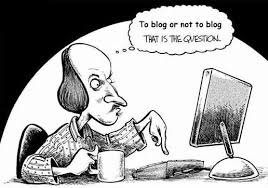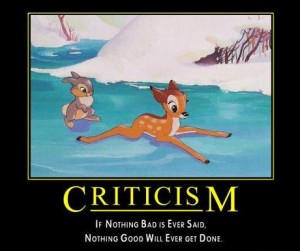Create your own mind maps at MindMeister
Category Archives: Uncategorized
10 Minutes of Fame
Check out Ms. Wiffen’s English 8 Blog!
WordPress tutorial here.
1. Uncle Jesse
2. Feelings of inadequacy and a breakthrough
3. Determination followed by “My this is public, isn’t it?” followed by determination: the journey of a beginning blogger
4. Girly theme…a mistake?
5. Explanation: Post vs. Page
5. Purpose: daily updates, homework, communication.
7. Mobility
8. Questions, comments, and constructive criticism. (I can take it, people)
Blog 3: Me, Myself and I
I’ll be honest and own up to the fact that I haven’t finished Will Richardson’s wonderfully thought provoking and expertly curated collection of questions, critiques, and possibilities for the integration of real world literacies into the modern curriculum and classroom. My Kindle app tells me that I’m about 30% of the way through. And, although, as I hope my previous description of Richardson’s work suggests, I am enjoying, learning and growing from reading Why Schools?, I am also feeling overwhelmed with this course and all the resources, ideas, and inspirations that are resulting from our in-class discussions and inquiry and my own inquiry and synthesis. When I feel overwhelmed, I tend to shut down. It’s a protective mechanism that allows me to slowly and carefully decide where my priorities are and need to be in any given situation and to both figuratively and perhaps physically place them in an order of importance that allows me to systematically work through each task. All this is to say that, as this first week of class wraps up, I am feeling that I am more able to assess and organize my priorities, and even more importantly, identify what I learned, how it connects to what I already know, what path of inquiry I would like to take for my final culminating project, and which resources, topics, etc. I would like to explore and implement in my practice in the future.
This week’s discussions and paths of inquiry have taught me that as a teacher and a professional I must be connected – connected through technology, through social media (e.g. twitter, etc.), and through my own inquiry, research, and exploration. If I am going to help my students develop these new forms of literacy (e.g. digital, media, visual, social, information, etc.), I need to be “fluent” in these new forms of communication myself. And, in order to teach my students the skills they will need to be successful, I must further develop my own skills. This week of class impressed upon me the need for me, as the teacher and the professional, to spend time reading about, exploring, and experimenting with the possibilities of ICT in my classroom. It is my professional responsibility and my ethical duty to push forward, so I can prepare my students for the world they will enter. And, if I am going to be a leader in my school and professional communities, I need to be not only looking forward but actively moving forward with regards to ICT – resources, devices, and programs. I need to adapt.
And, in the short term, I need to finish Will Richardson’s book, comment on three of my colleague’s blog posts, and sit and think about where my interest, passion, focus lies in regards to the final project.
Blog 2: Mastering Modern Literacies
In his eBook, Why School?, Will Richardson speaks directly about the recently minted “modern literacies” and advocates for an education system that promotes, teaches, and recognizes the importance of these new forms of literacy (p. 192). Simply put, he posits: “Why do we need to master these modern literacies? Because we now live in a world of abundance, where if we and our kids can’t do that stuff, we and they won’t be as successful a those who can” (Richardson, p.192). And, he’s right. If we want our students to be successful in this rapidly changing world of here today and gone tomorrow technologies, we have to teach them to be literate in these ways, so they have a foundation upon which to build, the knowledge, skills, and confidence to adapt where necessary. In other words, if at first they don’t succeed, they need to learn how to try, try again – to problem solve and learn.
While doing research in-class yesterday on this the topic, I came across a lot of ministry resources dedicated to promoting and practically implementing technology and information literacy in the classroom. Among these were the government’s Education Plan, Digital Literacy Framework, and Integration Performance Standards. I was surprised to see them because I have never seen them before. I couldn’t help but wonder: if the ministry and the school district were really serious about implementing these strategies, shouldn’t they be promoting these resources to teachers? I personally do try to integrate new technologies into my practice, but the inaccessibility of computers makes it very difficult to carry out any unit of study that requires more than perhaps a class or two in the computer lab. And, so, again I wonder: if the ministry and school district were really serious about implementing these strategies, would they not provide direction and funding for school’s to have up-to-date technology? There seems to be a major disconnect. How can our students develop these literacies, let alone be connected, if the WiFi doesn’t work properly, and the computers are too slow, and their teacher can’t get them into the lab for more than a class anyhow?
Richardson, Will. Why School?: How Education Must Change When Learning and Information Are Everywhere . Kindle Edition ed. Ted Conferences, 2012. eBook.




